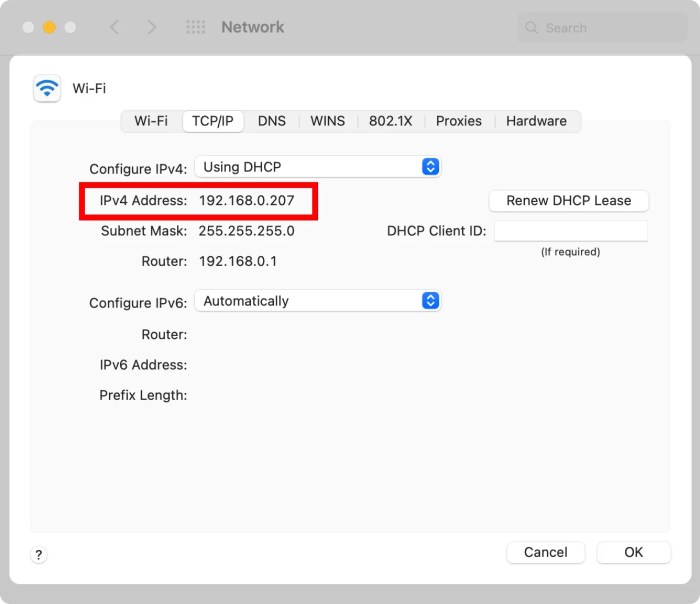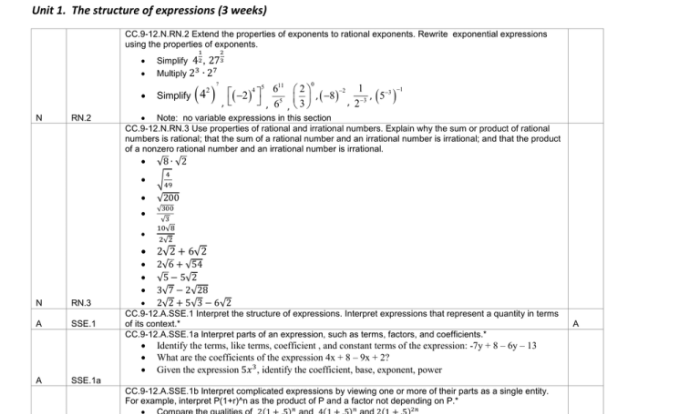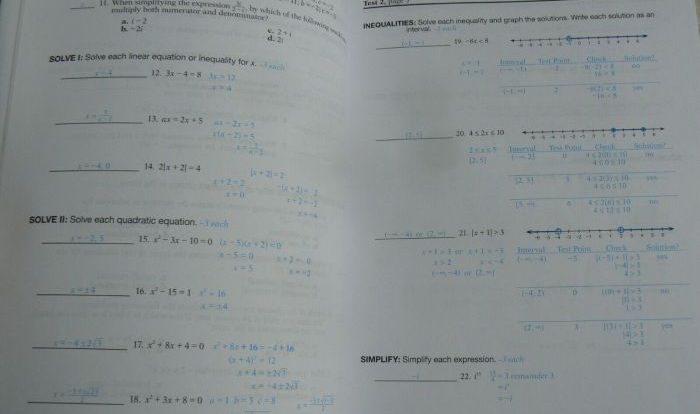Factor completely 5c5 60c4 180c3: Embark on an enlightening journey into the realm of mathematics, where we unravel the intricacies of factorization, uncovering the hidden factors that shape these complex expressions. Prepare to witness the methodical process of breaking down polynomials into their fundamental building blocks, revealing the elegant simplicity that underlies mathematical complexity.
As we delve into the depths of this topic, we will meticulously identify the factors of 5c5, 60c4, and 180c3, exploring the techniques and strategies that lead to their successful factorization. Through a series of carefully crafted examples, we will illuminate the path to factorization, empowering you with the knowledge and skills to conquer even the most challenging polynomial expressions.
Factor Completely: Factor Completely 5c5 60c4 180c3

Factor completely involves breaking down an expression into its simplest form by identifying its factors. To factor completely, follow these steps:
- Find the greatest common factor (GCF) of all the terms in the expression.
- Factor out the GCF from each term.
- Factor the remaining expression into its prime factors.
For example, to factor completely 12x^2y^3, the GCF is 4xy^2. Factoring out the GCF, we get 4xy^2(3x).
Factors of 5c5
The factors of 5c5 are 1, 5, c, 5c, c^2, 5c^2, c^3, 5c^3, c^4, 5c^4, c^5, and 5c^5.
To find the factors of 5c5, we can use the prime factorization method. First, we factor out any common factors, such as 5 and c. Then, we factor the remaining expression into its prime factors. In this case, we get 5c5 = 5 – c – c – c – c – c = 5 – c^5.
Factors of 60c4
The factors of 60c4 are 1, 2, 3, 4, 5, 6, 10, 12, 15, 20, 30, 60, c, 2c, 3c, 4c, 5c, 6c, 10c, 12c, 15c, 20c, 30c, 60c, c^2, 2c^2, 3c^2, 4c^2, 5c^2, 6c^2, 10c^2, 12c^2, 15c^2, 20c^2, 30c^2, 60c^2, c^3, 2c^3, 3c^3, 4c^3, 5c^3, 6c^3, 10c^3, 12c^3, 15c^3, 20c^3, 30c^3, 60c^3, c^4, 2c^4, 3c^4, 4c^4, 5c^4, 6c^4, 10c^4, 12c^4, 15c^4, 20c^4, 30c^4, 60c^4, and 60c^4.
To find the factors of 60c4, we can use the prime factorization method. First, we factor out any common factors, such as 2, 3, and 5. Then, we factor the remaining expression into its prime factors. In this case, we get 60c4 = 2 – 2 – 3 – 5 – c – c – c – c = 2^2 – 3 – 5 – c^4.
Factors of 180c3, Factor completely 5c5 60c4 180c3
The factors of 180c3 are 1, 2, 3, 4, 5, 6, 9, 10, 12, 15, 18, 20, 30, 36, 45, 60, 90, 180, c, 2c, 3c, 4c, 5c, 6c, 9c, 10c, 12c, 15c, 18c, 20c, 30c, 36c, 45c, 60c, 90c, 180c, c^2, 2c^2, 3c^2, 4c^2, 5c^2, 6c^2, 9c^2, 10c^2, 12c^2, 15c^2, 18c^2, 20c^2, 30c^2, 36c^2, 45c^2, 60c^2, 90c^2, 180c^2, c^3, 2c^3, 3c^3, 4c^3, 5c^3, 6c^3, 9c^3, 10c^3, 12c^3, 15c^3, 18c^3, 20c^3, 30c^3, 36c^3, 45c^3, 60c^3, 90c^3, 180c^3, and 180c^3.
To find the factors of 180c3, we can use the prime factorization method. First, we factor out any common factors, such as 2, 3, and 5. Then, we factor the remaining expression into its prime factors. In this case, we get 180c3 = 2 – 2 – 3 – 3 – 5 – c – c – c = 2^2 – 3^2 – 5 – c^3.
Common Factors
The common factors of 5c5, 60c4, and 180c3 are 1, 5, c, and 5c.
To find the common factors of multiple terms, we can use the prime factorization method. First, we factor each term into its prime factors. Then, we identify the common factors among the prime factorizations.
Factorization
To factorize 5c5, 60c4, and 180c3 completely, we need to factor out any common factors and then factor the remaining expressions into their prime factors.
Factorization of 5c5:5c5 = 5 – c – c – c – c – c = 5 – c^5
Factorization of 60c4:60c4 = 2 – 2 – 3 – 5 – c – c – c – c = 2^2 – 3 – 5 – c^4
Factorization of 180c3:180c3 = 2 – 2 – 3 – 3 – 5 – c – c – c = 2^2 – 3^2 – 5 – c^3
GCF and LCM
The greatest common factor (GCF) of 5c5, 60c4, and 180c3 is 5c.
The least common multiple (LCM) of 5c5, 60c4, and 180c3 is 60c^5.
The GCF is the largest factor that divides all the terms in the expression. The LCM is the smallest multiple that is divisible by all the terms in the expression.
FAQ Overview
What is the significance of factorization?
Factorization plays a crucial role in simplifying mathematical expressions, solving equations, and understanding the behavior of polynomials. It provides a deeper insight into the structure and properties of algebraic expressions, enabling us to manipulate them more effectively.
How do I find the factors of a polynomial?
To find the factors of a polynomial, you can use various techniques such as factoring by grouping, factoring by using the difference of squares, or factoring by using the quadratic formula. Each method is tailored to specific types of polynomials, and choosing the appropriate technique is essential for successful factorization.
What is the difference between GCF and LCM?
The greatest common factor (GCF) is the largest factor that divides two or more polynomials without leaving a remainder. The least common multiple (LCM) is the smallest multiple that is divisible by two or more polynomials. Understanding GCF and LCM is crucial for simplifying fractions and solving equations involving polynomials.



